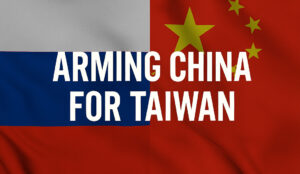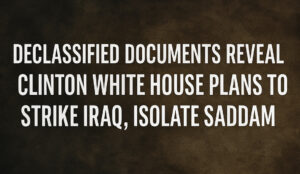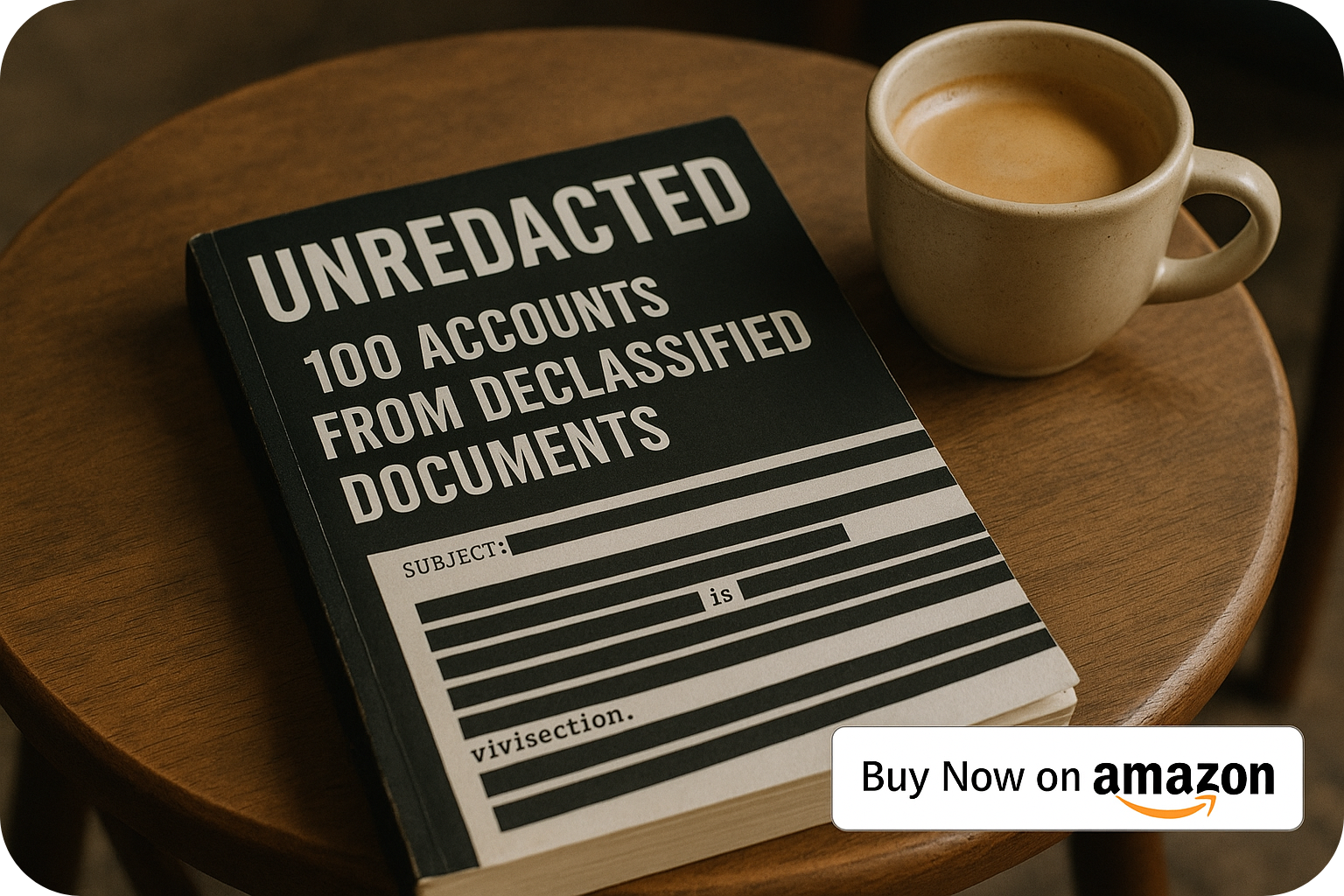In a room thick with symbolism and silence, two of the 20th century’s most powerful and ideologically opposed leaders sat face to face.
The private meeting between U.S. President Richard Nixon and Chinese Communist Party Chairman Mao Zedong, held on February 21, 1972, remains one of the most consequential and understated diplomatic encounters in modern history.
The newly declassified transcript from that day reveals a surprisingly personal, often humorous, and deeply philosophical exchange.
Absent were the sweeping negotiations or hardened posturing of Cold War diplomacy.
In their place: mutual curiosity, measured candor, and quiet recognition that history had brought them to a rare and irreversible turning point.
🤔 Philosophy Over Politics
Mao greeted Nixon not with rhetoric, but reflection. “What is required to talk about are philosophic problems,” Mao mused early in the conversation.
The two leaders-one a revolutionary Marxist, the other a staunch anti-Communist-shared anecdotes, references to poetry, and even humor about secret agents and political reputations.
“He is a doctor of brains,” Nixon quipped about Kissinger, drawing laughter from Mao and Zhou Enlai.
Mao deflected praise of his writings, calling them unimportant. Nixon responded: “The Chairman’s writings moved a nation and have changed the world.”
Their conversation roamed freely-from Chiang Kai-shek and De Gaulle to the American elections and philosophical musings about the dangers of global vacuums.
🌐 Global Stakes, Quietly Acknowledged
The private dialogue did not dwell on Taiwan or Vietnam. Instead, Nixon raised long-term questions about the global order: Soviet expansionism, Japan’s future, and how China and the U.S. might coexist despite opposing ideologies.
“What is important is not a nation’s internal political philosophy,” Nixon said. “What is important is its policy toward the rest of the world.”
Mao largely agreed, making it clear that China did not seek territorial expansion.
The two men acknowledged the risks they each faced in pursuing dialogue. Nixon noted the political blowback in Washington; Mao, the internal dissent from hardliners in Beijing.
⚡ From Rivals to Realists
Though the meeting included jokes and philosophical banter, it carried strategic gravity. Kissinger and Zhou Enlai listened closely. When Mao joked about political bombast, Nixon replied, “Like me. And bandits.”
They both came from modest backgrounds and had risen to the top through different systems. Now, they agreed, was the time to act.
“Seize the hour and seize the day,” Nixon said. Mao echoed the phrase approvingly.
They spoke of deadlocks, missed chances, and the need to recognize opportunity. While no treaties were signed in the room that day, the ice of decades had cracked.






